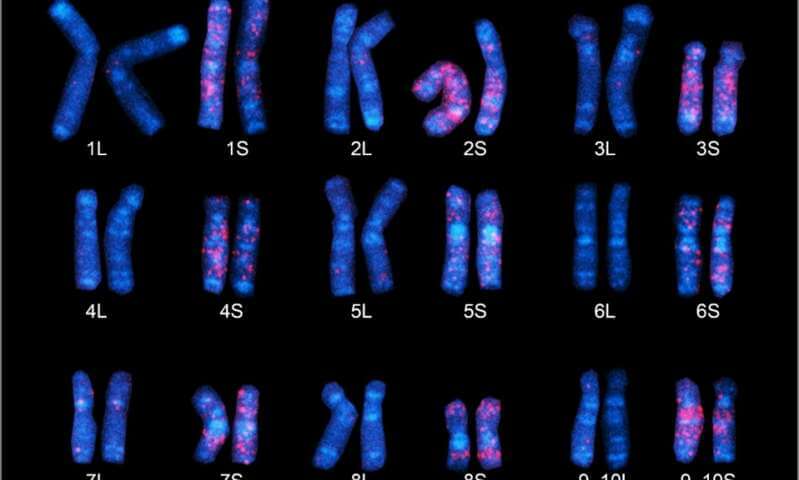
The Xenopus tropicalis model system has a proven track-record of relevance to human neurodevelopmental disorders and can be leveraged to assess for higher order phenotypes in a high-throughput manner. Model systems, in general, provide the opportunity to understand processes in a context that is biologically and physiologically relevant. Frog (Xenopus tropicalis) is a model organism that offers a number of advantages for studying brain development and the impacts of genetic or other perturbations. Notably, basic features of vertebrate brain development are conserved between Xenopus and humans, and many of the same genes are present in both human and Xenopus. Another powerful advantage of studying brain development in Xenopus is the ability to have internal controls within the same organism for CRISPR studies.